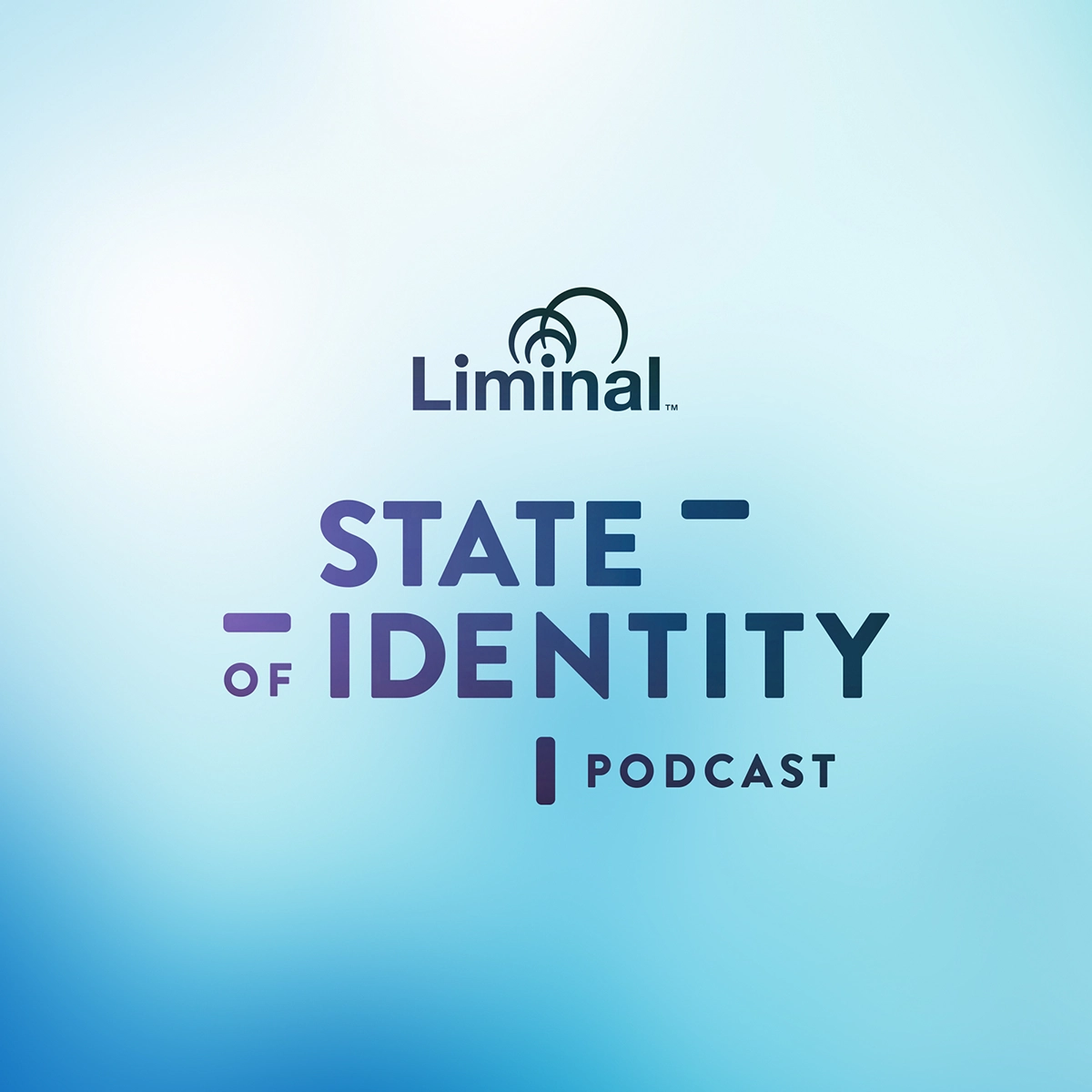Digital Identity has the power to enable “trust” in a matter of seconds. It’s changed the game — from trading assets and voting to obtaining access to everyday services. How do you create trust? On this week’s State of Identity, host Cameron D’Ambrosi is joined by Alexei Stanislawski, CEO at maat.ai to discuss the trust paradox. As government-issued documents become obsolete, we can expect to see a shift towards peer-to-peer networks building a new trust framework from the digital traits of our lives.
PODCASTS

12/16/21
The Trust Paradox
Hosted by
Cameron D'Ambrosi
Senior Principal at Liminal
Guest
Alexei Stanislawski
CEO at maat.ai
Links
